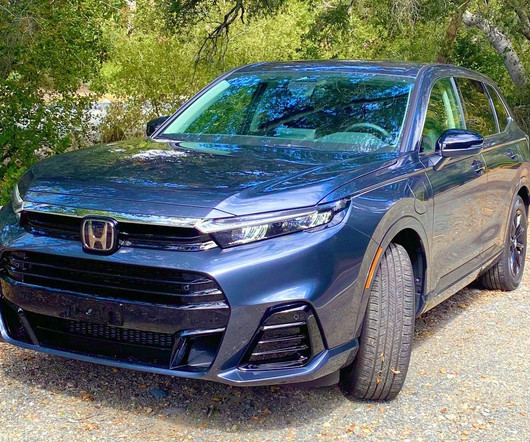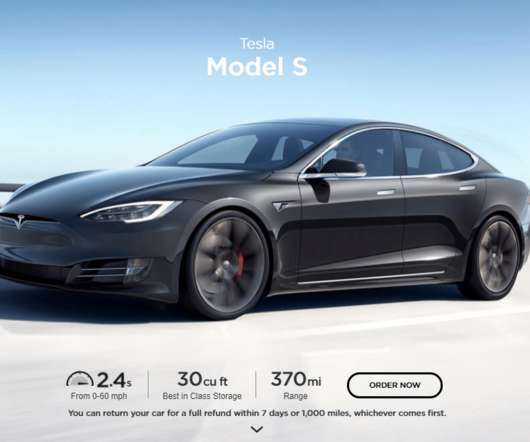Hyundai Motor America Targeting Minimum Average 50 mpg for Lineup by 2025
Green Car Congress
AUGUST 4, 2010
Hyundai Motor America, currently the leading fuel economy auto manufacturer in the US according to EPA ratings, plans to achieve a corporate average fuel economy (CAFE) rating of at least 50 (mpg) by 2025 for its lineup of passenger cars and light duty trucks. Since becoming the fuel economy leader in the 2008 model year (average 30.9







































Let's personalize your content